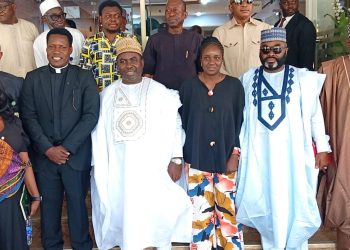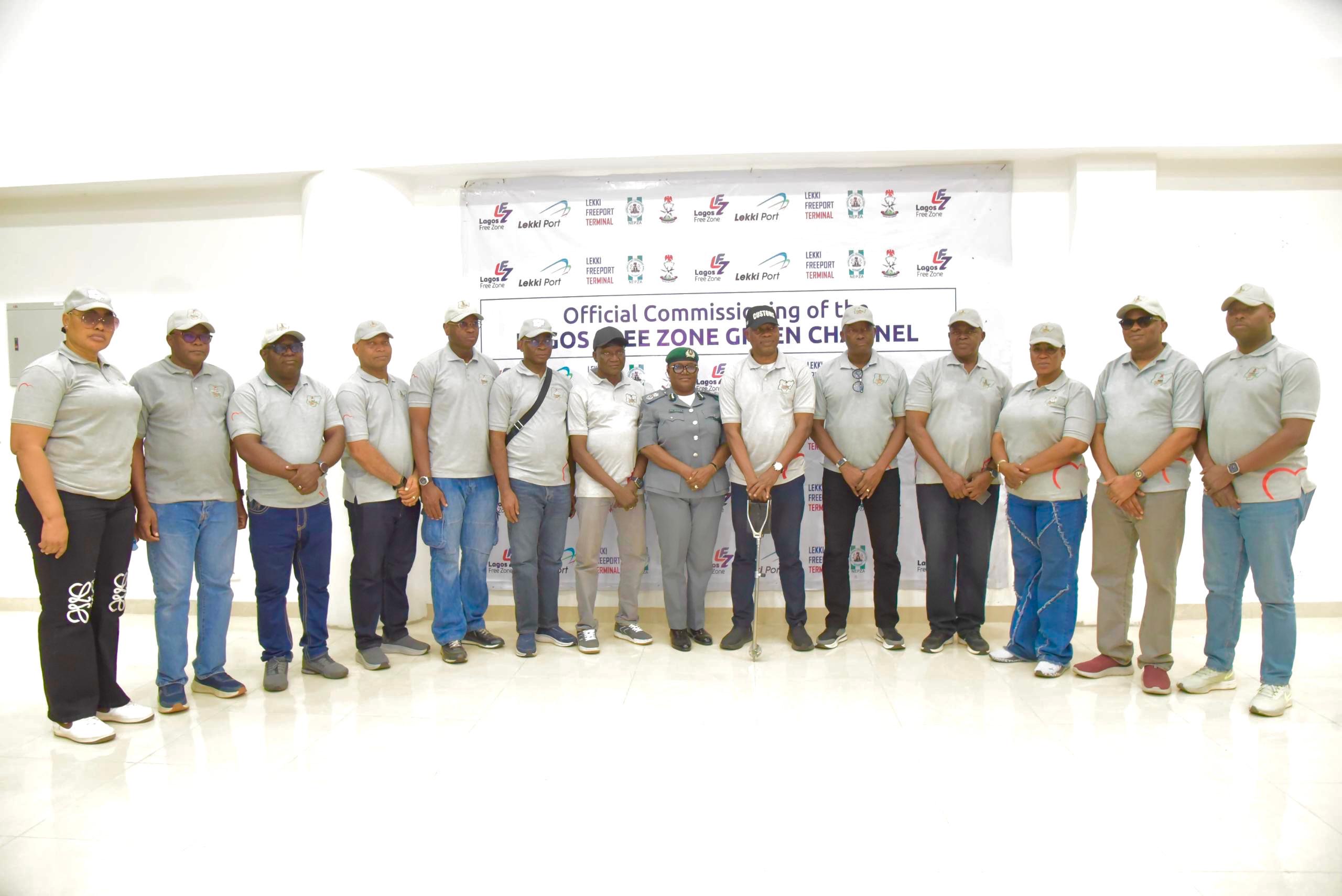By Nkechi Eze
In a decisive move to tackle the rising menace of substance abuse among Nigerian youths, the Federal Government and the National Drug Law Enforcement Agency (NDLEA) have agreed to introduce compulsory drug integrity tests for students in tertiary institutions and to revise the secondary school curriculum to include updated and comprehensive drug education.
The agreement was reached on Wednesday, July 30, 2025, during a high-level meeting between the NDLEA Chairman/Chief Executive, Brig. Gen. Mohamed Buba Marwa (rtd), and the Minister of Education, Dr. Maruf Olatunji Alausa, in Abuja.
According to an official statement signed by NDLEA’s Director of Media and Advocacy, Femi Babafemi, the visit was part of the agency’s broader strategy to deepen collaboration with the education sector in the fight against drug abuse. Marwa, who led a delegation of his management team to the meeting, commended the Minister for his proactive approach to youth development and described drug abuse as “a fight for the soul of Nigeria’s youth.”
“The purpose of this visit is to seek collaboration with this esteemed ministry in our collective efforts towards drug control in Nigeria,” Marwa said. “Our focus basically will be on schools and educational institutions. The drug scourge is very high in Nigeria. We’re actually fighting for the souls of our children.”
He linked the alarming rate of drug abuse to rising insecurity, including terrorism and banditry, stating that drugs have become enablers of criminality. Marwa said the NDLEA is doing its part through law enforcement, arrests, convictions, and asset seizures, but emphasized that preventive strategies within the education system are critical.
“Without drugs, most of the criminal activities we’re experiencing wouldn’t be possible. So, we are contributing to the fight against insecurity in our own way. In the past two years alone, with the support of President Bola Tinubu, we have arrested 40,887 suspects, secured 8,682 convictions, and seized 5,507 metric tons of illicit substances. From January last year to date, we’ve seized over one billion pills of tramadol alone, valued at more than N1 trillion.”
Marwa revealed that the President has also approved the establishment of seven new rehabilitation centres across the country, along with one model centre in each of Nigeria’s six geopolitical zones, in addition to the 30 centres currently operating under the NDLEA.
He proposed three specific areas of collaboration with the Ministry of Education. First, a review of the secondary school drug education curriculum to address the evolving complexity of drug abuse and the emergence of new psychoactive substances. Second, the introduction of stand-alone drug abuse prevention programmes in schools including lectures, competitions, and parent-involved engagements. Third, the adoption of a mandatory drug testing policy for tertiary institutions.
“We suggest testing for new students, returning students, and random testing. This will act as a deterrent and help keep our campuses clean,” he said. “The consequences don’t necessarily mean rustication, but students need to know there will be accountability.”
In his response, Education Minister Dr. Maruf Olatunji Alausa lauded Marwa’s long-standing commitment to national service, noting the urgency of addressing drug use among the youth.
“When youths get into drugs, they won’t go to school, and even when they do, they’re not getting functional education. Their critical thinking is impaired, their ability to make informed decisions is reduced, and they become unemployable. It becomes a vicious cycle,” the Minister warned. “Drug use also leads to dysfunctional families and a broken society. It’s a huge menace that we must tackle now.”
Dr. Alausa fully endorsed the NDLEA’s proposals, announcing the formation of an inter-ministerial technical working group between the Ministry of Education and the NDLEA to begin immediate implementation. He also announced the creation of a Substance Use Prevention Unit within the Ministry to coordinate the initiative.
“We are currently reviewing the curriculum for secondary schools, and I assure you that drug education will be added. We’ll also cascade this down to primary schools,” he said. “On the stand-alone programmes, we’ll roll them out and ensure they’re implemented across schools. As for drug testing in tertiary institutions, we will do it. We have to do it. We’ll begin with fresh and returning students, as well as random testing.”
The Minister further pledged to involve agencies under the Ministry such as the Universal Basic Education Commission (UBEC) and the Tertiary Education Trust Fund (TETFUND) to partner with the NDLEA Academy in Jos as part of an expanded drug education and training programme for basic, secondary, and tertiary levels.
Following the Minister’s directive, the Permanent Secretary in the Ministry, Mr. Abel Oluwamuyiwa Enitan, announced the official launch of the newly created Substance Use Prevention Unit while delivering the vote of thanks.















